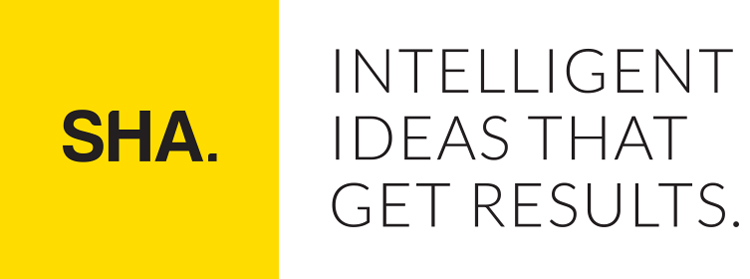LET’S DEFINE EFFECTIVENESS
According to dictionary.com—because honestly, who’s got time to haul out the big Collins hardback?—it means: “adequate to accomplish a purpose; producing the intended or expected result.”
Here’s the thing: I don’t like the word adequate. It feels like settling. As advertisers—yes, that’s still what we do—we tell people something exists and nudge them to buy it, using whatever channels actually work. But adequacy? That’s not going to build brands people love, or spark excitement, or create a memorable difference in a crowded market. Adequate is the C grade of marketing. Just getting by.
Adequacy is mediocrity, it’s getting by, it’s like getting a C.
I can’t remember a single client review where the takeaway was: “Your performance has been magnificently adequate. We’re thrilled with your steady, mediocre output and want to keep that going.” Nope. Everyone wants excellence, not “meh.”
Intelligent ideas beat effective ones — here’s why.
We’ve got to stop chasing “effectiveness” like it’s a trophy handed out at the county fair. Instead, we deliver intelligent ideas that get results. What’s the difference?
Say you want to get a person into space. You build a rocket and launch them. Boom — effective. Mission accomplished. But is it intelligent? Probably not. You’d want to know why they’re going, what data they’ll gather, how they’ll get home safely, and what happens next. If the astronaut doesn’t return or there’s no clear benefit, what was the point? That’s thinking ahead — that’s intelligence.
Effectiveness and intelligence sometimes clash.
You can be effective without being smart — like winning an argument by talking louder until the other person tunes out. Sure, it works, but it’s not clever or sustainable. A better approach? Know your facts, listen, and persuade respectfully. You might even find common ground and grow the relationship.
Consumers are drowning in bad ads.
More than ever, people are bombarded with poorly targeted, bland messages. Digital should be a lifeline — a way to reach consumers without the old-school “brand yelling” that made TV ads feel like a headache. But when programmatic ads place your brand next to completely inappropriate or off-message content, it drags down the whole experience. That’s a tech problem we can fix, but it’s a separate conversation.
Effectiveness awards: worth celebrating, or just another shiny distraction?
These award shows have become the new must-have trophy for agencies, with clients often seeing them as proof of quality. But here’s the kicker: I’ve seen brands flaunt effectiveness awards while laying off staff and freezing salaries. Hmmm. Sounds less like success and more like smoke and mirrors.
What do these awards actually reward? Being great at winning awards? Building a killer pitch deck? Who’s checking if the work truly delivers profit, keeps staff happy, or grows the agency sustainably? I haven’t met that impartial auditor yet.
Smart clients don’t need awards to know good work when they see it.
They track results daily — sales lifts, brand growth, customer love. You can spot what’s working without waiting for a trophy ceremony.
There’s a real risk in chasing awards at the wrong cost.
Too many clients sacrifice proper agency pay and real brand investment just to chase the dream of an award. It might feel like a win in the short term — a very effective cost-cutting move — but it’s not intelligent. That path leads agencies straight into trouble.
SHA is a strategic advertising agency, creating brand strategy, advertising, design for print and content for web and social. If you want to know more, get in touch with nigelh@sha-agency.com or visit our contacts page.







